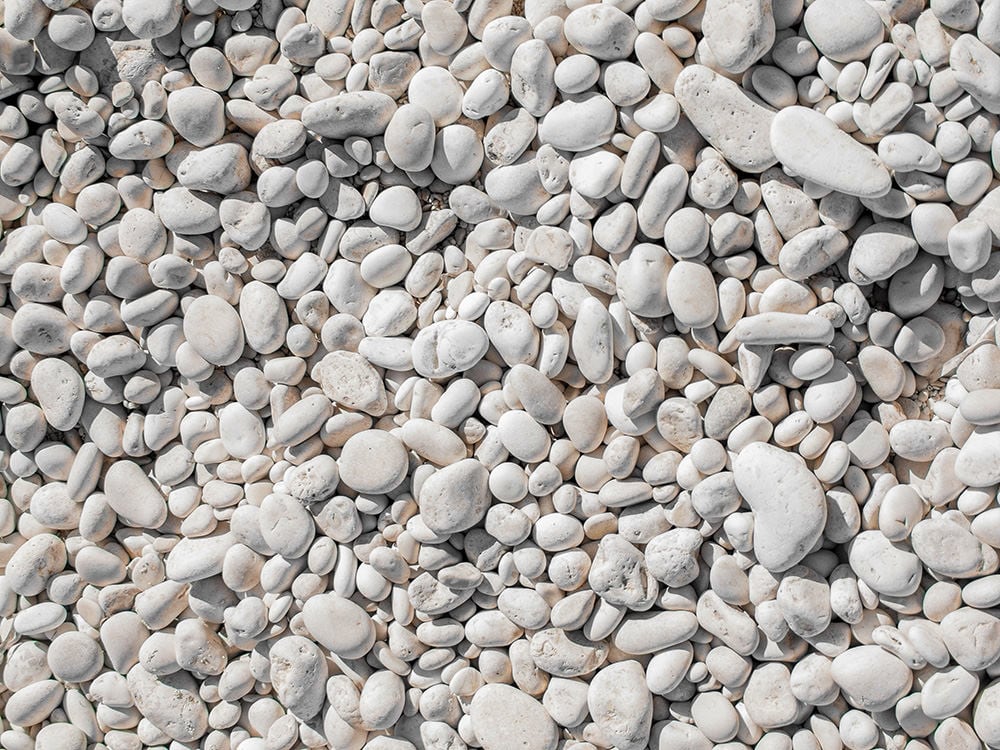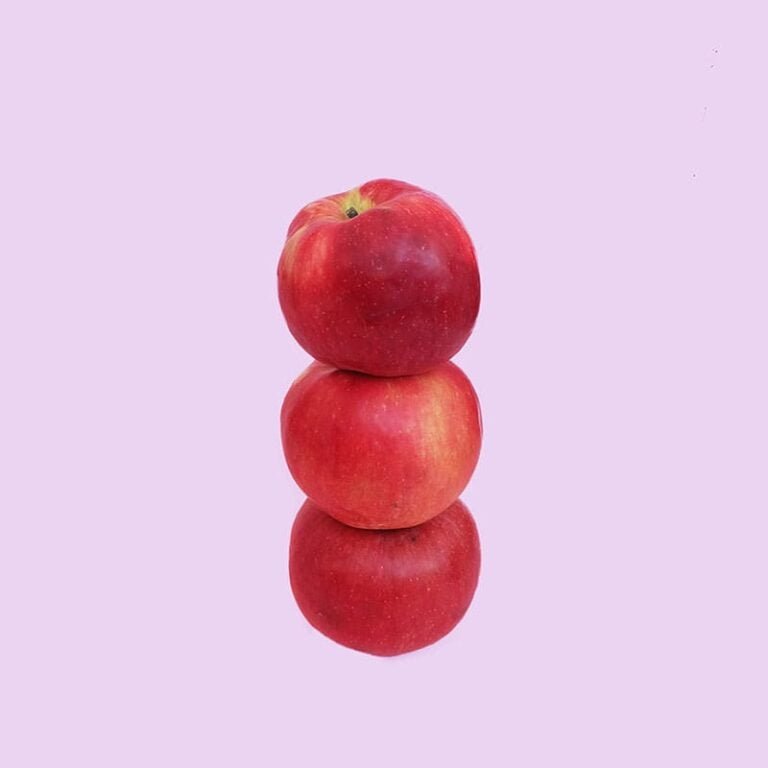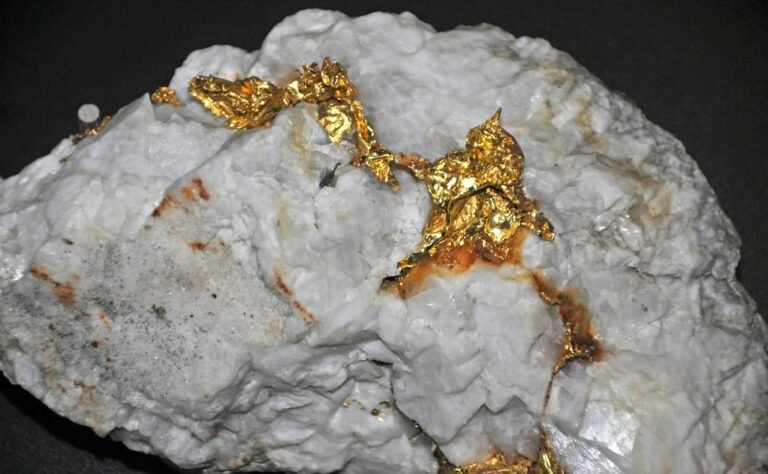marquer d’une pierre blanche
The French saying “marquer d’une pierre blanche” literally means “to mark with a white stone.” It means to write down a date so as to remember it for a long time, or to identify a period of time as being especially memorable and auspicious because a happy or favourable event took place then.
This idiom used to be slightly different: “marquer d’un caillou blanc,” which translates literally as “to mark with a white pebble.”
White has traditionally been associated with purity and positive things, while black is associated with negative ones. Even in Tibet, white pebbles represented positive thoughts and black ones negative thoughts.
In ancient times, members of a jury indicated whether they thought the accused was innocent or guilty by placing either a white pebble (for innocent) or a black pebble (for guilty) in front of themselves.
As a result of these various traditions, marking a calendar with a white pebble or a white stone is a sign that the date was a positive one where good things happened.
Similar English expressions include “red letter day” and “to go down as a milestone.”






